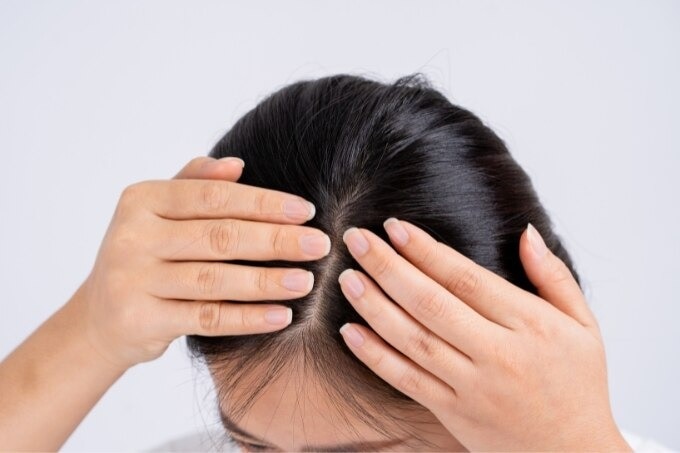It's totally normal for our hair to change over time, but noticing those shifts early can make all the difference. Whether it's a widening part or a few more strands in the shower drain, paying attention to these signs can help us take proactive steps to keep our locks luscious and healthy. Well, we have some simple yet effective hair care tips to spot and tackle any early signs of hair thinning. All you need to do is switch up your hair care routine and start being a little more attentive to your mane.
Natural Argan Oil & Lavender Sulfate Free Anti-Frizz Shampoo - 400ml
₹658
₹658
SHOP NOW





